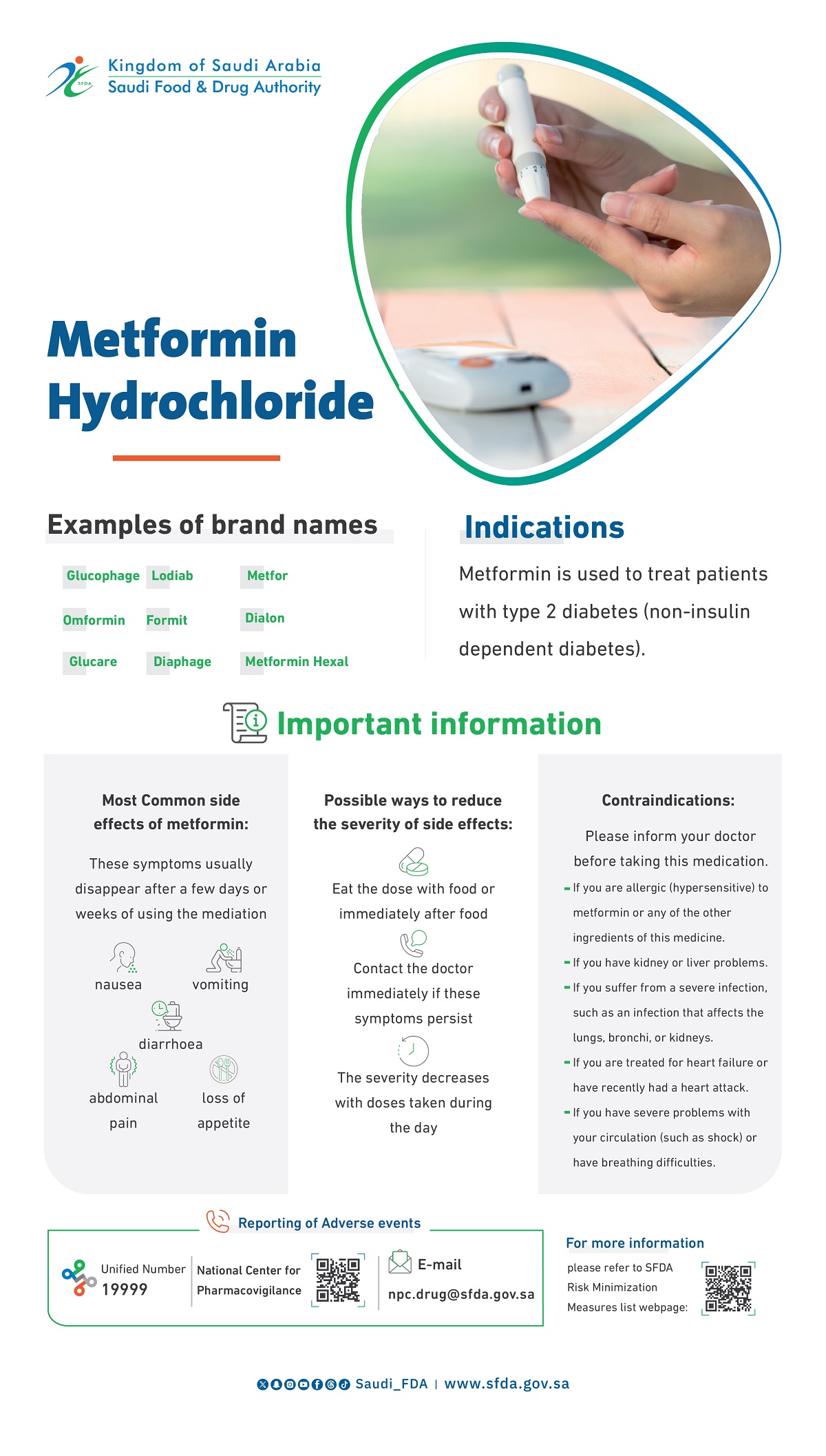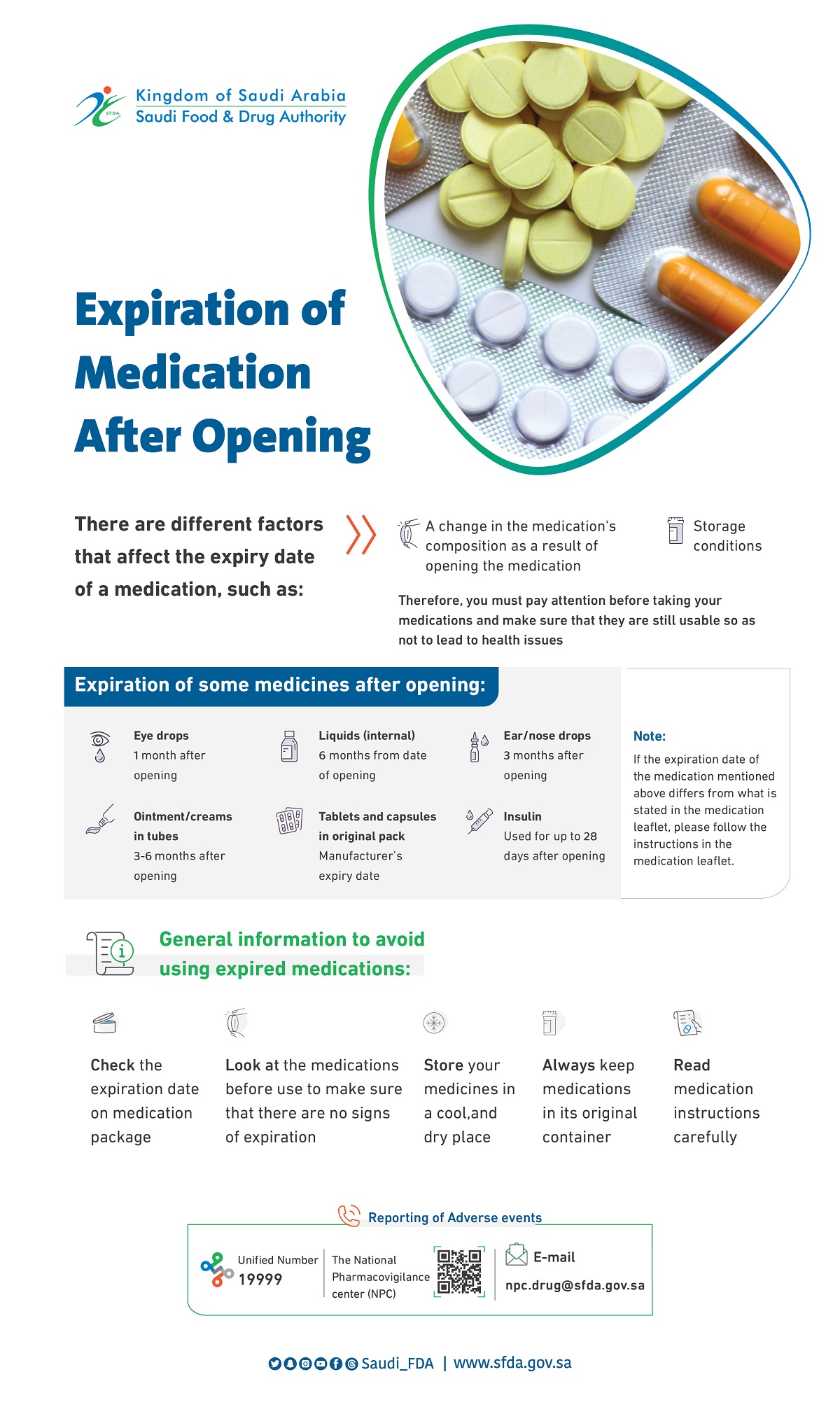

-
About SFDA
About SFDA
SFDA in vision 2030
Authority Strategy
Career and Life
- Information Lists
-
Areas
- Consumer Corner
- Media Centre
- Eservices
Haloperidol (Haldol®) Safety Information Update
Haloperidol (Haldol®) Safety Information Update
Haloperidol (Haldol®) Safety Information Update
2007-09-22
September 17, 2007, the US Food and drug Administration, the American's equivalent to the Saudi Food and Drug Authority (SFDA), announced important safety information regarding Haloperidol marketed under the trade name ( Haldol®).
Johnson and Johnson and FDA informed healthcare professionals that the warning section of the prescribing information for haloperidol has been revised to include a new Cardiovascular subsection regarding cases of sudden death, QT prolongation and Torsades de Pointes(TdP) in patients treated with haloperidol, especially when given intravenously, or at doses higher than recommended. Although injectable haloperidol is only approved by the FDA for intramuscular injection, there is considerable evidence that the intravenous administration of haloperidol is a relatively common off-label clinical practice.
There are at least 28 case reports of QT prolongation and TdP, some with fatal outcome in the context of off-label intravenous haloperidol.
Action that Healthcare Professional should follow:
- Injectable haloperidol should be used for intramuscular injection only.
- Haloperidol is not approved for intravenous administration.
- Higher doses and intravenous administration of haloperidol appear to be associated with a higher risk of QT prolongation , TdP and cases of sudden death.
- particular caution is advised in treating patients using any formulation of haloperidol who:
1. Have other QT-prolonging conditions, including electrolyte imbalance.
2. Have underlying cardiac abnormalities, hypothyroidism, familial long QT syndrome.
3. Taking drugs known to prolong the QT interval.
- Because of this risk of TdP and QT prolongation, ECG monitoring is recommended if haloperidol is given intravenously.
Report Adverse Drug Reactions to the Saudi FDA:
The public and health professionals are encouraged to report adverse drug reactions to the National Pharmacovigilance Center on the Internet at:




